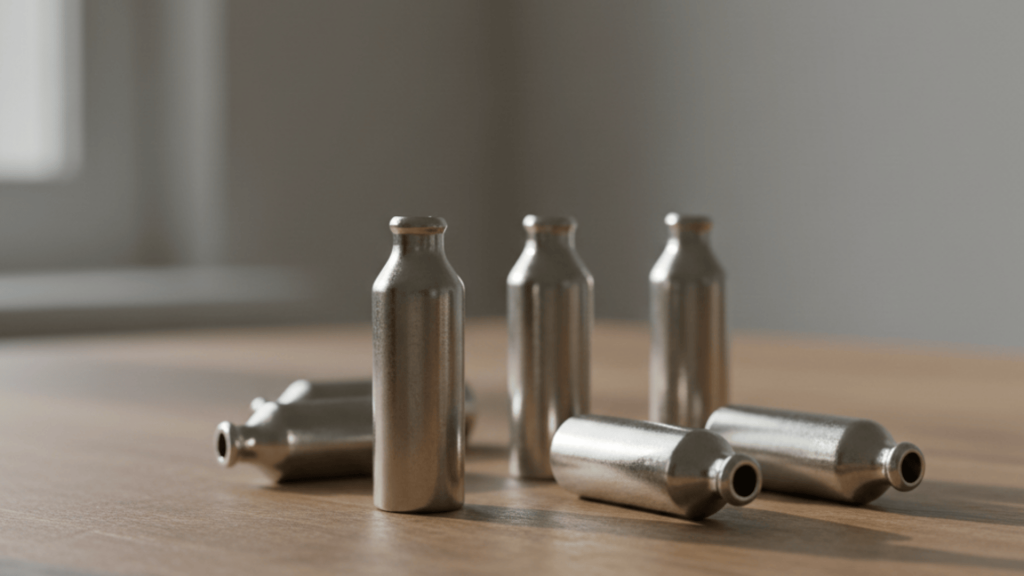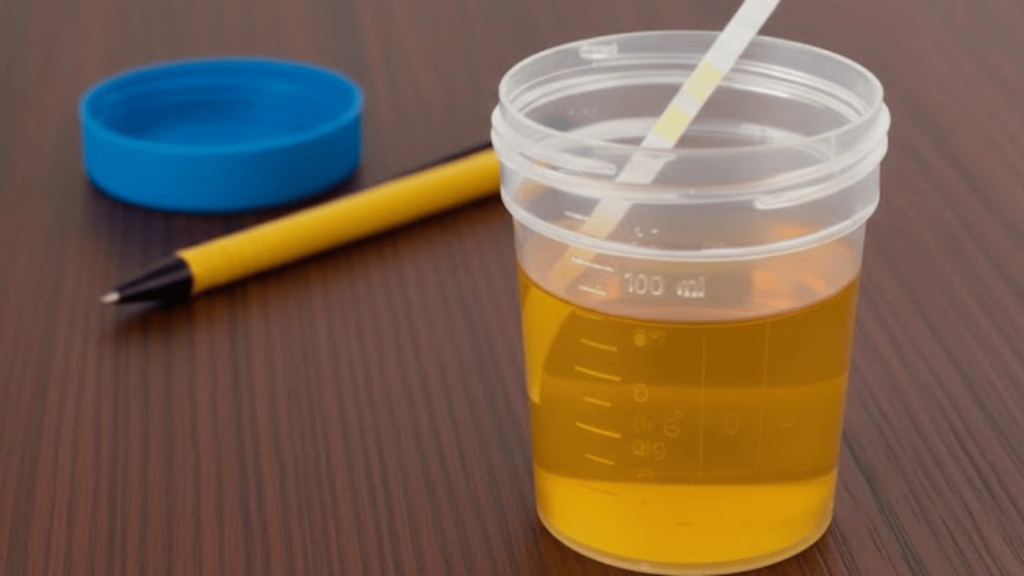Confused about CBC and CBD? I was in the same boat when I first came across these two.
With all these three-letter cannabinoids floating around, it’s easy to assume they’re just different names for the same thing.
But here’s what I learned: while CBC and CBD sound alike, they actually work in different ways and can impact your body in unique ways.
CBD has been the wellness superstar for years, while CBC is the exciting newcomer that researchers are starting to pay close attention to.
So, let’s break it all down together: how they compare, where they shine, and which one might be the better fit for you.
What is CBD?
Let’s start with what you probably already know a bit about.
CBD, or cannabidiol, is the non-psychoactive cannabinoid that’s taken the wellness world by storm over the past few years.
CBD is extracted from both hemp and cannabis plants, but here’s the key difference: Hemp-derived CBD products contain less than 0.3% THC, which means they won’t get you high.
This is why you can walk into most stores and buy CBD gummies, oils, or creams without a medical card.
CBD has a pretty unique way of working in your body. Instead of directly binding to your cannabinoid receptors, CBD takes a more indirect approach.
It influences your endocannabinoid system, think of it as your body’s internal balancing system by:
- Blocking certain enzymes that break down your natural cannabinoids
- Interacting with serotonin receptors (which is why it might help with anxiety)
- Affecting other receptor systems throughout your body
What is CBC?
CBC, or cannabichromene, is another non-intoxicating cannabinoid.
While it’s not as famous as CBD, it’s starting to catch researchers’ attention for its anti-inflammatory and mood-supporting potential.
What makes CBC stand out is how it interacts with different receptors in your body.
Instead of mainly working with the ECS receptors (like CBD), CBC often interacts with pain and inflammation pathways more directly. That makes it an exciting candidate for future medical research.
CBC vs CBD: Effects on the Body

Both cannabinoids are non-psychoactive, so neither will give you a “high.” But the type of effects they may support is a little different:
CBD Effects: Often linked to relaxation, reduced anxiety, better sleep, and relief from pain and inflammation. It’s the go-to for calming and wellness support.
CBC Effects: Early studies suggest it may support mood, help with pain management, promote brain health, and reduce inflammation.
CBD is well-known because of years of research, while CBC is still building its case in the scientific world.
CBC vs CBD: Potential Health Benefits
| Aspect | CBD (Cannabidiol) | CBC (Cannabichromene) |
|---|---|---|
| Psychoactive | No | No |
| Main Action | Works on ECS + serotonin receptors | Targets pain & inflammation receptors |
| Key Benefits | Anxiety & stress relief, better sleep, pain reduction, epilepsy treatment, overall relaxation | Reduces inflammation, boosts mood, supports brain health, possible antimicrobial effects |
| Research | Well-studied & FDA-approved uses | Early-stage but promising |
| Availability | Widely available in oils, edibles, topicals, etc. | Rare & harder to find in products |
| Best For | Stress, sleep, epilepsy, and everyday wellness | Mood, inflammation, and emerging uses |
| Overall Verdict | Reliable, accessible, and beginner-friendly | Potential-rich but less known |
CBC vs CBD: Chemical Structure
Okay, I promise I won’t get too sciencey on you, but understanding the basic chemical differences between CBC and CBD actually helps explain why they work so differently in your body.
The Molecular Family
Both CBC and CBD belong to the same family of compounds called cannabinoids, and they actually start from the same “parent” compound in the cannabis plant called CBG (cannabigerol).
Think of CBG as the stem cell of cannabinoids; it changes into other compounds as the plant matures.
The Key Structural Differences
While CBC and CBD have very similar molecular formulas (they contain the same atoms), the way those atoms are arranged is slightly different. It’s kind of like having the same Lego pieces but building two completely different structures.
These small structural differences are huge when it comes to how your body recognizes and processes these compounds. It’s like having two keys that are almost identical but fit into completely different locks.
Your body’s receptors are incredibly specific, so even tiny molecular changes can result in completely different effects.
These structural differences explain why CBD might be great for your anxiety while CBC might be better for mood enhancement, or why one might help with inflammation while the other supports brain health.
It’s not that one is better than the other; they’re just designed by nature to do different jobs.
CBC vs CBD: Mechanism of Action
This is where things get really interesting.
Understanding how CBC and CBD actually work in your body helps explain why they might affect you differently and why you might want to choose one over the other.
How CBD Works
CBD is like a master coordinator in your body. Instead of directly activating specific receptors, it works more like a behind-the-scenes manager:
- Indirect Receptor Influence: CBD doesn’t directly bind strongly to your CB1 and CB2 cannabinoid receptors. Instead, it modifies how these receptors respond to other compounds
- Enzyme Inhibition: It blocks certain enzymes that break down your body’s natural cannabinoids, essentially making your own endocannabinoids more effective
- Serotonin System: CBD can interact with serotonin receptors, which is why it might help with anxiety and mood
- Multiple Pathways: It touches various other receptor systems throughout your body, creating widespread but gentle effects
How CBC Works
CBC takes a completely different approach; it’s more like a specialist targeting specific systems:
- Weak Cannabinoid Receptor Binding: CBC doesn’t bind strongly to CB1 and CB2 receptors, which is why it doesn’t produce typical “cannabis” effects
- TRPV1 and TRPA1 Receptors: This is CBC’s specialty. These receptors are involved in pain perception and inflammation response
- Anandamide Interaction: CBC seems to increase levels of anandamide (your body’s natural “bliss” molecule) by blocking the enzyme that breaks it down
- Targeted Action: Instead of affecting multiple systems like CBD, CBC appears to focus on specific pathways related to pain, inflammation, and mood
Which One Should You Choose?
It really depends on what you’re looking for. If you’re after stress relief, sleep support, or something well-researched and easy to find, CBD is a solid choice.
If you’re curious about mood support, inflammation, or cutting-edge research, CBC might be worth trying, though products can be harder to come by.
It’s also worth noting that cannabinoids often work better together through something called the “entourage effect”.
That means a combination of CBD, CBC, and other cannabinoids may be more effective than any one compound alone.
And of course, before adding any new supplement to your routine, check with a healthcare professional to make sure it’s right for you.
Final Thoughts
CBD and CBC aren’t rivals; they just serve different purposes.
CBD is well-researched and great for things like stress, pain, and better sleep, while CBC is the newcomer showing promise for mood and brain health.
If you’re just starting out, I’d recommend trying CBD first to see how your body responds. Once you’re comfortable, you can try CBC or even products that combine both for extra benefits.
Take it slow, start with small doses, and always choose quality products. And of course, check in with a healthcare professional if you’re unsure.
Frequently Asked Questions
Is Cbc More Effective than CBD?
It depends on what you’re looking for. CBD is more effective for stress, anxiety, and sleep because it’s been studied extensively. CBC shows promise for inflammation and mood, but is still in early research stages.
Is CBC Better than CBD for Sleep?
CBD currently has stronger evidence for improving sleep, especially in people with anxiety or chronic pain. CBC may play a supportive role, but more studies are needed.
Can I Take CBC and CBD Together?
Yes, in fact, combining them may create the “entourage effect,” where multiple cannabinoids work together for stronger results. Many full-spectrum oils include both.
What’s the Difference Between CBD vs CBC Gummies?
CBD gummies are widely available in stores and online. CBC gummies are much harder to find and usually come in small doses or blended with CBD.






